When it’s time for 3-year-old Calvin Wells to have yet another MRI of his brain, he’s in and out faster than country music group Florida-Georgia Line can sing his favorite song, “This is How We Roll.”
Thanks to the latest technology available at Spectrum Health Helen DeVos Children’s Hospital, Calvin and other patients like him can now have what’s called a “fast MRI.”
It’s an evaluation of their brain that takes less than two minutes and does not require sedation. Most importantly, it gives doctors the information they need to try to save children’s lives.
“They are so much easier,” said Calvin’s mother, Angela. “No child likes MRIs, but the people who give the MRIs are awesome. As soon as they see Calvin’s name on the list, they get his favorite song ready. They give him headphones to listen to while he’s in there. It literally takes a couple minutes.”
Safer, faster
For the Wells family, anything that can make Calvin’s many medical treatments easier is more than welcome. In his short life he has endured hundreds of procedures, including surgeries, CT scans, MRIs and X-rays.
Calvin was born healthy, but at 15 months he suffered a stroke caused by his severe anemia, a previously undetected and rare condition that makes his body unable to absorb iron.
He had two surgeries to save his life from the stroke, but he then developed meningitis, causing hydrocephalus, or the buildup of too much cerebrospinal fluid in the brain, Angela said.
Since then, he has had a shunt in his brain to drain the fluid.
It’s hydrocephalus patients like Calvin who the fast MRI was developed for, according to Kaveh Asadi, MD, a pediatric neurosurgeon.
Children with shunts to treat their hydrocephalus often have many, many scans—CTs or MRIs—in their lifetimes.
Brad Betz, MD, medical director of radiology at Helen DeVos Children’s Hospital, said doctors prefer to use MRIs on young children because they’re safer—they don’t expose children to the radiation that a CT scan does.
But a traditional MRI of the brain might take 25 minutes or longer, requiring sedation of young children who cannot hold still that long.
The fast MRI provides the best of both worlds. It provides a snapshot of the brain and is used for patients who do not need the more thorough evaluation that a traditional MRI provides.
“We can get quick information and see if there’s anything going on,” Dr. Asadi said. “I can get the same information as I can from a CT scan, but it takes less than five minutes and we hardly ever have to do sedation. And with an MRI, there’s no radiation exposure and no long-term health problems.”
‘Alive and thriving’
Dr. Asadi said he has received nothing but positive responses from patients’ families about the fast MRI.
Developed at leading children’s hospitals around the country, in Michigan the fast MRI is only available at Helen DeVos Children’s Hospital and one other hospital.
Helen DeVos Children’s Hospital does about one or two of the tests each day, Dr. Betz said.
Cost was initially a stumbling block, but Dr. Asadi said they have worked to make the fast MRI cost-neutral to the alternative CT scan, so it can be used for more children like Calvin.
Calvin now bravely marches into the MRI room when Angela tells him they’re taking another picture of his brain. He knows it’s a chance to listen to his song.
Angela didn’t like the longer MRIs because she hated to watch him be sedated.
“That does something to you as a parent when you watch your child go out,” Angela said. “This is not only easier on the child, but it’s easier on me to go in there and be able to comfort him.”
“When you go through something like this you already feel so helpless because you’re not a doctor,” she said. “When you can go in there, it makes you feel like you’re actually doing something. …If it wasn’t for all the medical advances, Calvin would not be alive and thriving the way he is.”
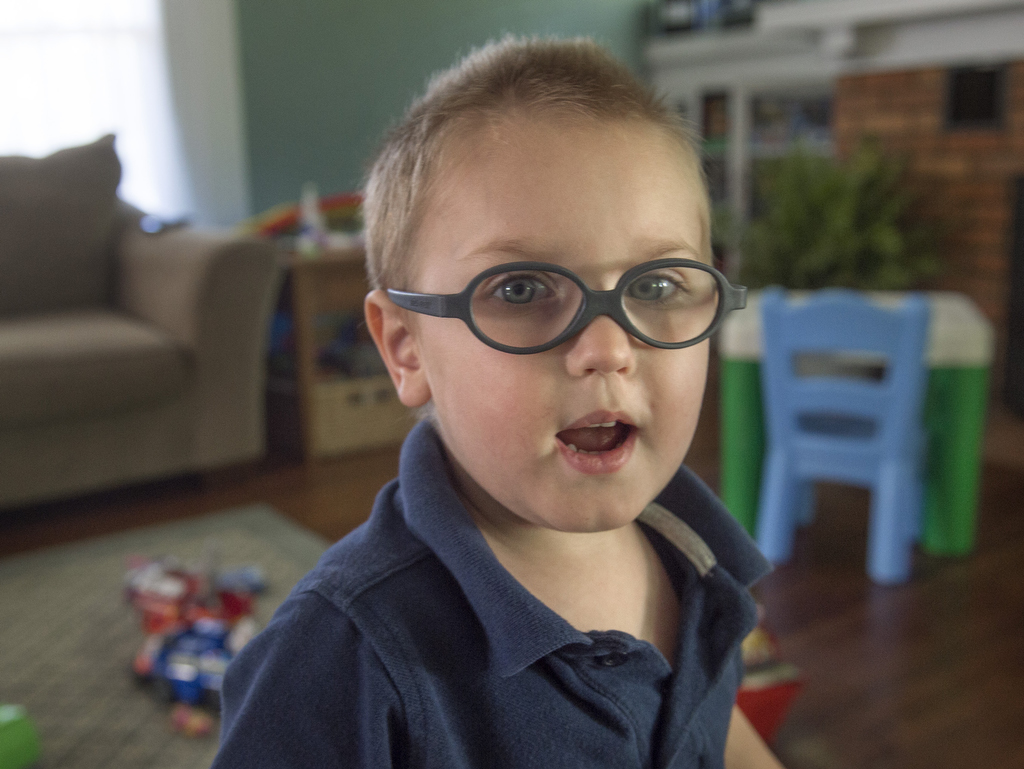
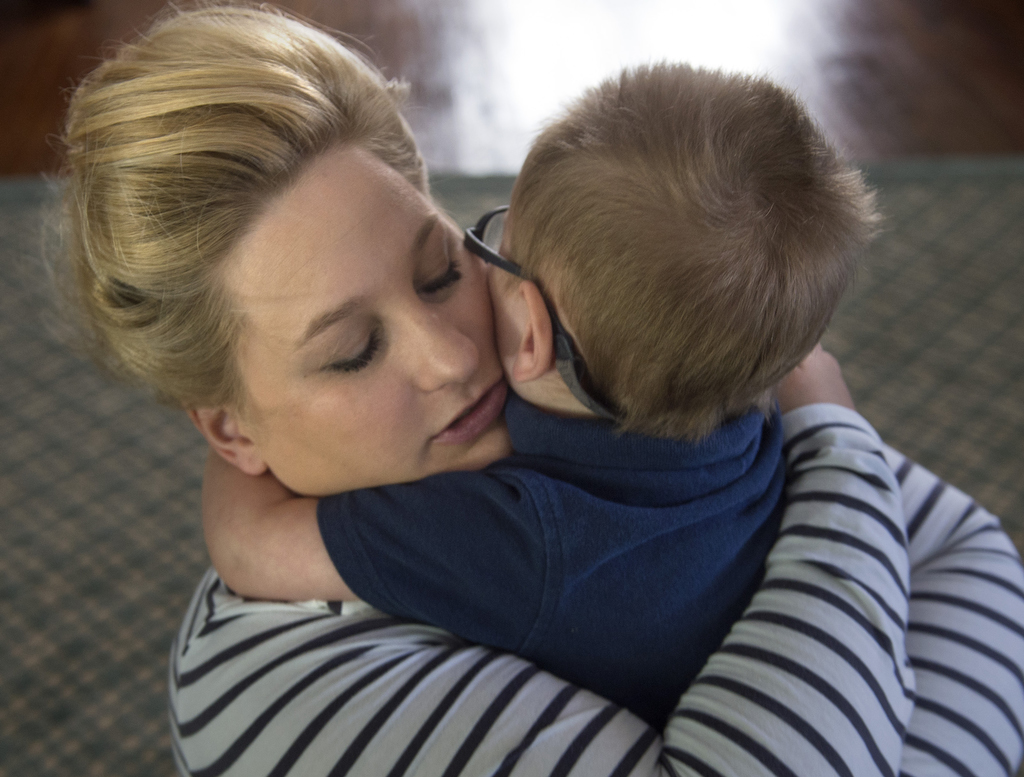
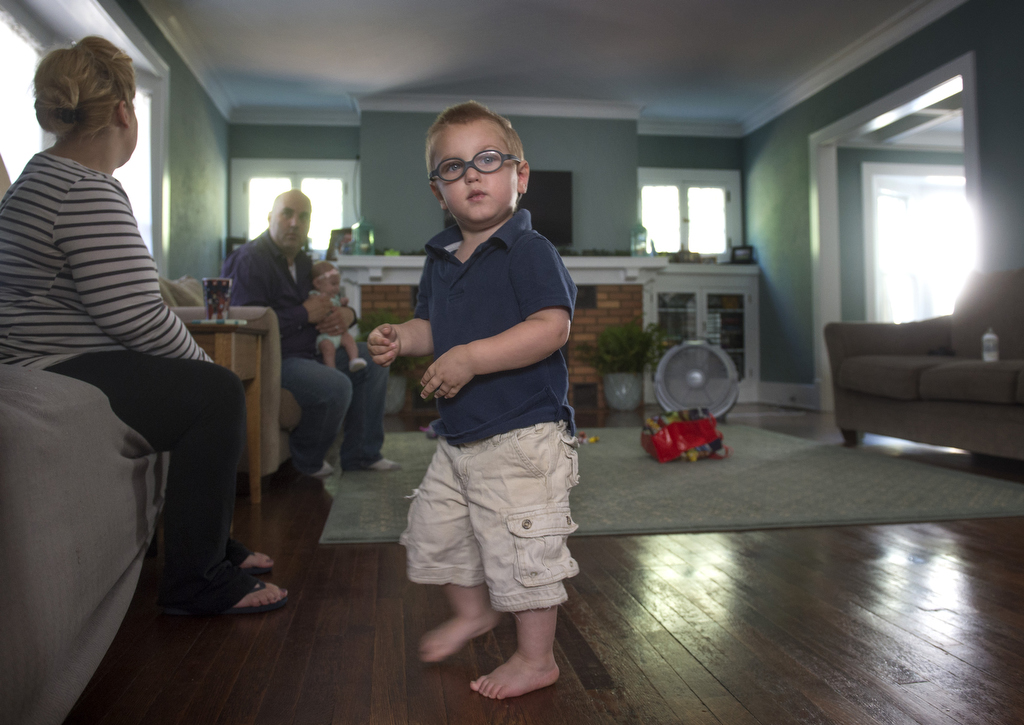
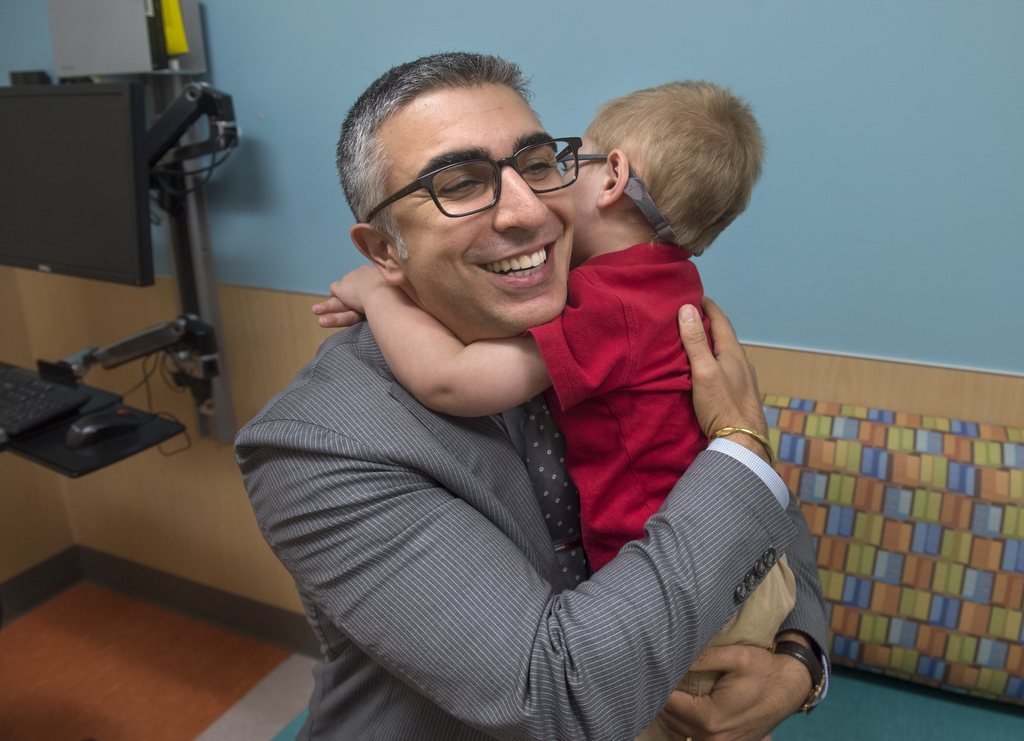
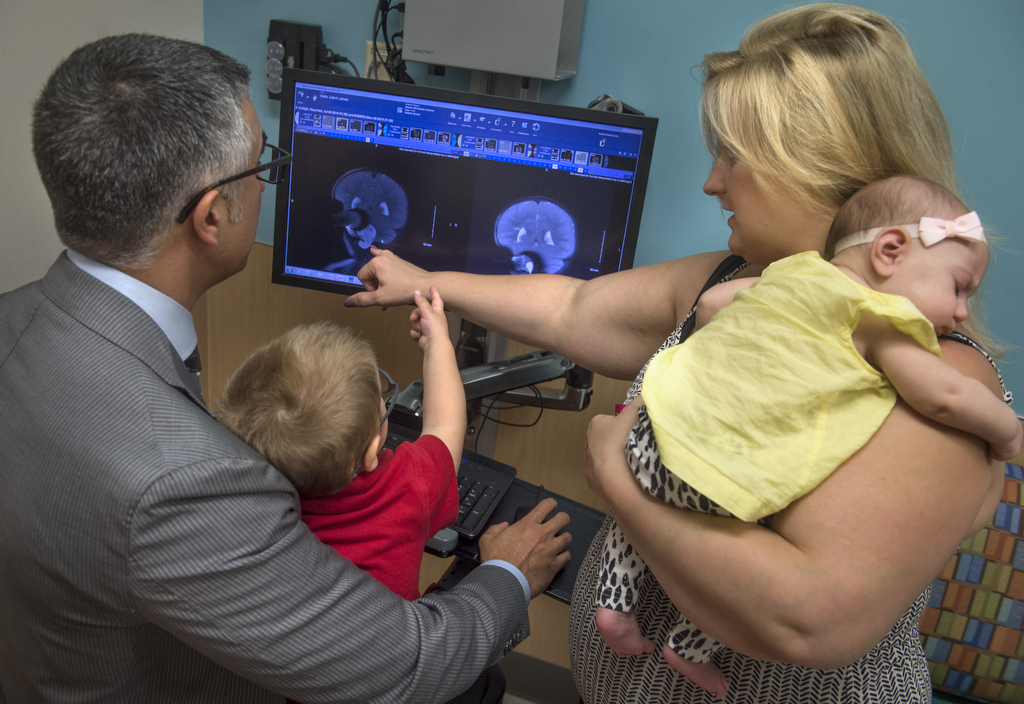
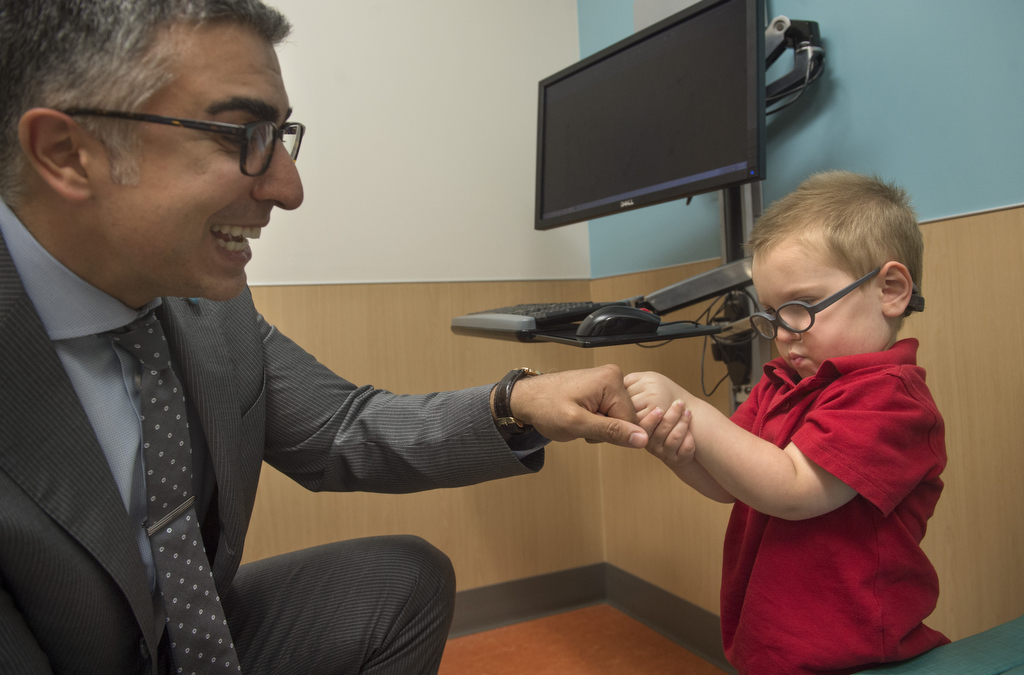

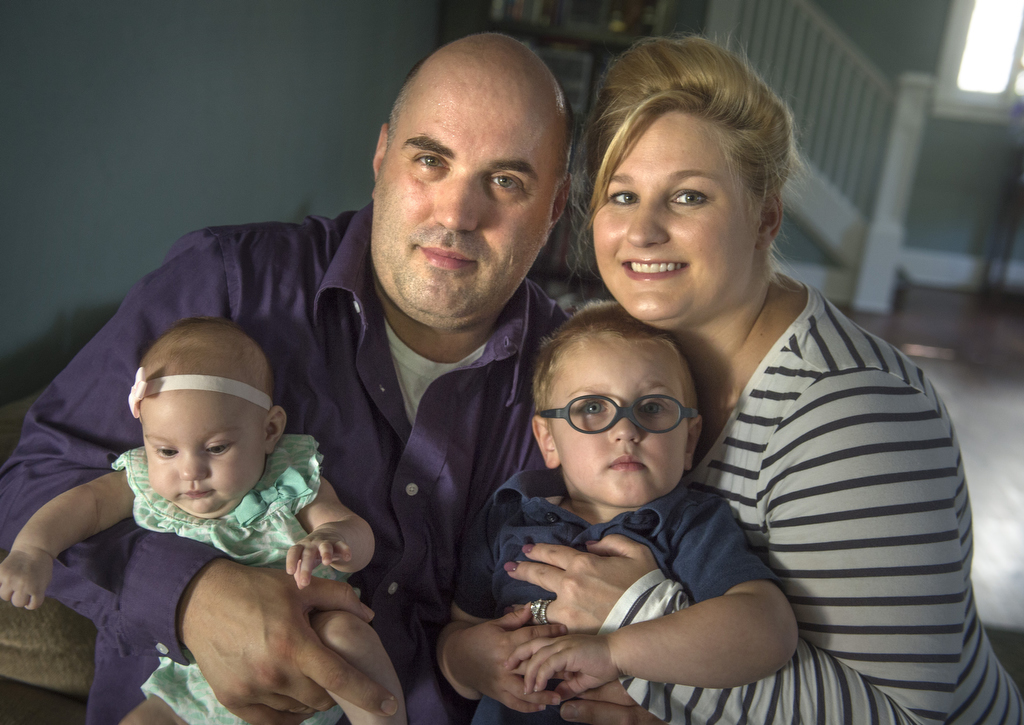
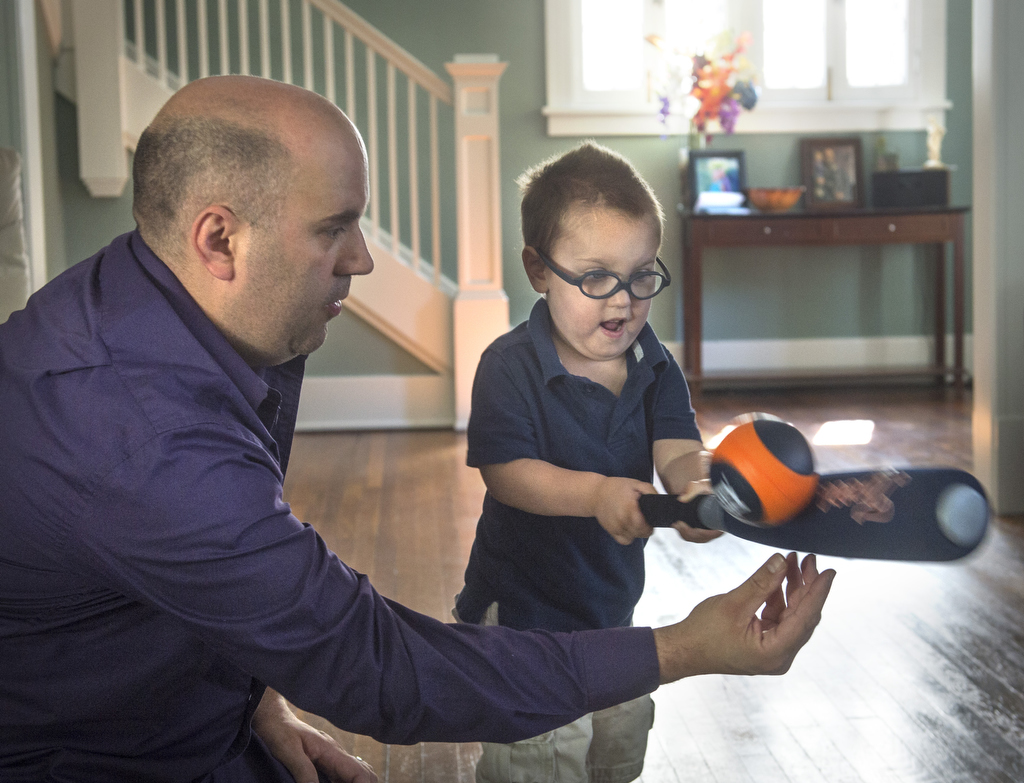

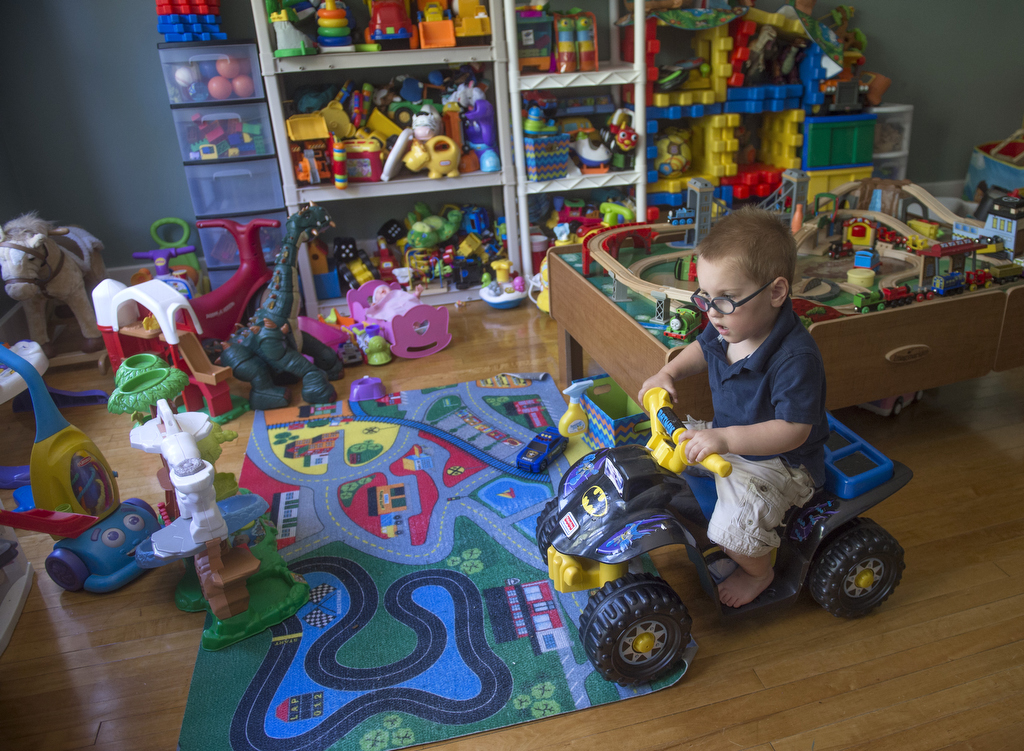




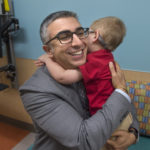
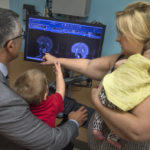
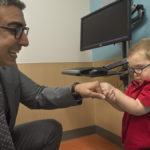






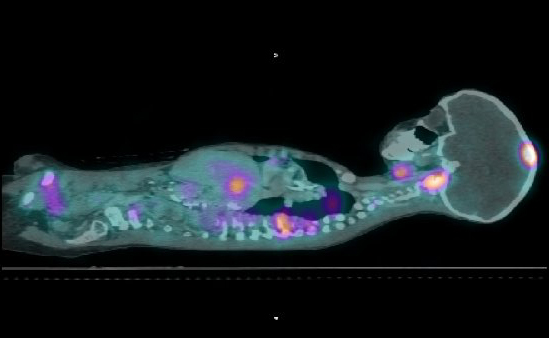 /a>
/a>
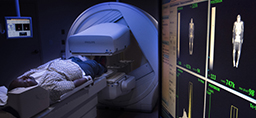 /a>
/a>
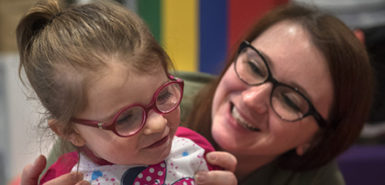 /a>
/a>